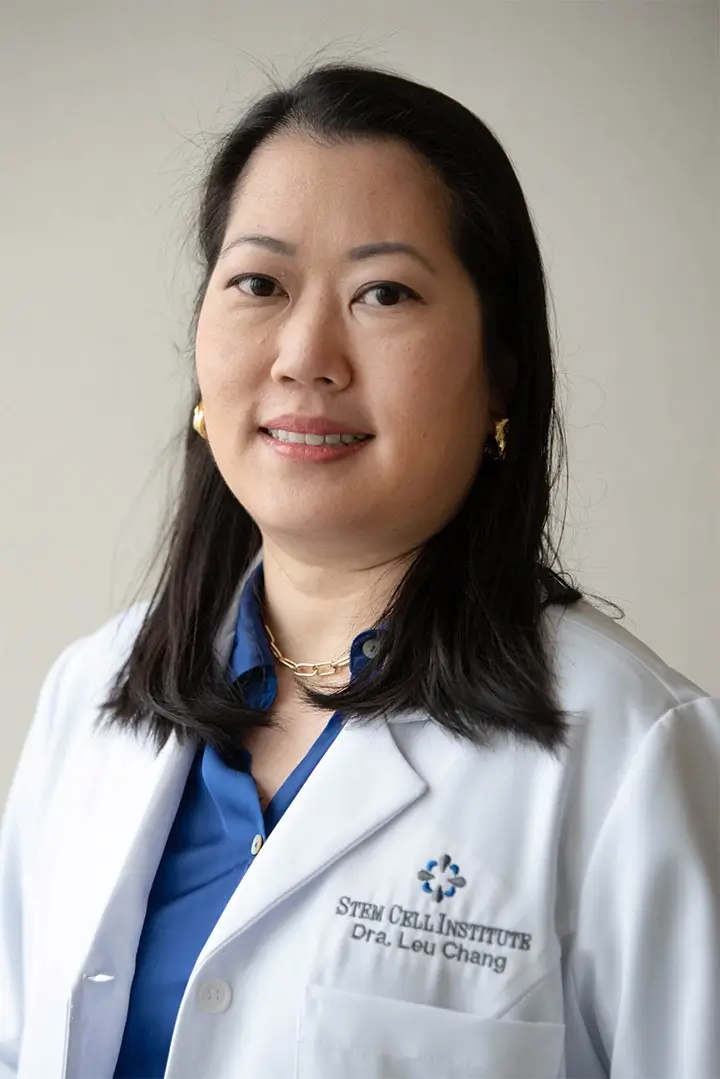Slumped in a blue reclining chair, Michael sits in his father’s front room.
Underneath the teenager’s sweatpants, the fifteen year old wears powder-blue diapers.
Moving forward and to the right, his head droops, only to jerk up as Michael tries to make eye contact with others.
After traveling 9,000 miles for adult stem cell therapy, this jerky head movement could perhaps be a sign that the treatment he received is working.
Doctor’s injected stem cells several times into his bloodstream and spine while his father sat hoping for positive results in the Chinese hospital.
And even though David, Michael’s father, is afraid to hope that his son will make some sort of recovery because he doesn’t want to be heartbroken again; he is equally afraid not to.
“Believe me, when you’re in this condition, you look for any change you can,” he said.
After becoming intoxicated at a beach party with other teens, the then fourteen year old Michael drowned. He was resuscitated but the damage was done. Extensive brain damage occurred when he went without oxygen for a period between 10 and 30 minutes.
Just like Terry Schiavo was lost in a vegetative state, Michael has been locked in this persistent condition since his drowning in June of 2005.
After communicating with other parents of brain-injured children on an internet support group, David decided to look into stem cell therapy.
“Parents have to be careful. It’s your child. You’ll do anything. People will take advantage of you,” said David, who added that there are a number of alternative therapies available.
But he said that the most hope was offered by adult stem cell therapy.
“It’s not a magic bullet. On the other hand, it’s not black magic, either,” he said.
Certain stem cells therapies are being used in the United States today, however, the procedure is limited to experiments and specific diseases such as leukemia.
Since a patient receives healthy bone marrow stem cells from a donor to replace abnormal ones, a bone marrow transplant is technically stem cell therapy.
But there are no stem cell therapies available for neurological injuries such as Michael’s.
David’s internet research returned few results. He found that only three countries, the Dominican Republic, Mexico, and China, offered the kind of stem cell therapy Michael needed.
It was a mix of eastern and western medicine, and the $20,000 six-week hospital stay included fee, that made China his choice.
David and his wife of two years, Dana, flew to China with Michael in late November. It was trip made possible with money withdrawn from David’s 401(k).
Michael was in and out of wheelchairs and airline seats during the 30-hour trip. Not a simple task considering Michael is basically as David says, a “152 pound infant”.
Michael’s spinal cord was injected with four doses of umbilical cord stem cells over the six-week course of treatment. A fifth cord blood stem cell infusion was administered intravenously.
The immature stem cells should stimulate a response within the next three months according to the Chinese doctors.
“What I’m personally hoping for is in the next couple of months (that he’ll be able) to give me a yes or no,” David said. “(The) long-term goal is that he’ll come back, ‘Where have I been for a year-and-a-half?’ ” his father added wistfully.
The things that Michael can do are still more difficult to list than that things he cannot. He can’t swallow anything, not even his own saliva, so he has a feeding tube to help him through the process. None of his extremities move voluntarily, but he still has sensation in all of them.
Michael has no response when his father plays music that Michael downloaded before the accident. His eyes cannot track colors or movement.
He laughs randomly, and occasionally – heartbreakingly – cries.
Michael was plagued by a skin condition since the brain injury, but that has at least disappeared.
But it is difficult to measure more signs of progress.
David has not slept through one single night since the accident because Michael hasn’t either.
A baby monitor in his room alerts his father when Michael wakes up. He may just be awake; or it’s possible that his position needs to be shifted or that his diaper needs to be changed. Michael can’t tell his father.
David wakes up every time Michael does. His father says that Michael’s body clock appears to have been permanently injured from the brain damage.
“It would be pretty bad if he died on my watch,” said David. “Right now, it’s just maintaining him physically until the cognitive part kicks in.”
For now, David just focuses on the moment that is right in front of him – on surviving that one, and the one immediately following.
Until Michael reaches the age of 22, he will attend Silver Sands School during the day.
David and his son had talked about Terri Schiavo and how her life ended. David thinks back to those past moments on occasion.
“If you’re asking me what he would have wanted, he would not have wanted this,” David said. “But he does not have that choice.”
For now, David is looking for proof that he has gotten even the smallest fraction of his son back, evidence that the adult stem cell therapy is working.
“All we gotta do is make it through another day, another day, another day. I can’t look way into the future,” he said.
“If I look too far, I might see the truth, you know, and I don’t know if I want to.”Stem Cell Therapy for Boy After Near Drowning Leaves Him in Vegetative State

